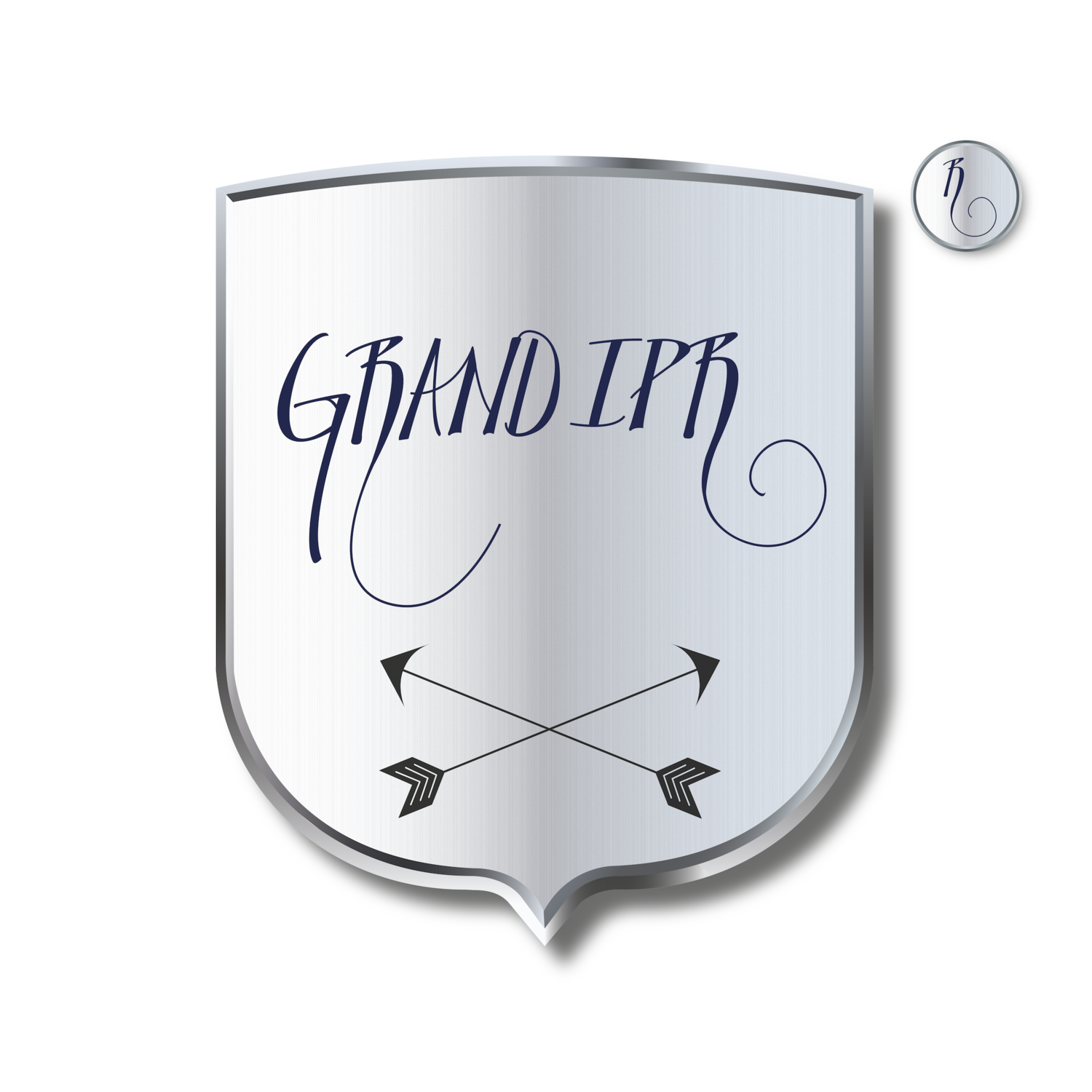Copyright vs. Trademark: What’s the Difference and Which One Does Your Business Need?
When it comes to protecting your business’s intellectual property, it’s crucial to understand the difference between copyrights and trademarks. While both provide legal protection, they serve different purposes and are applied in distinct situations. Let's break it down and use some practical examples from the US, UK, and Canada to help you decide which one is right for your business.
To help you decide what’s right for you, below is the link to my 15 minute session at £99, have your questions at the ready.
What is Copyright?
Copyright is designed to protect original works of authorship. This can include things like:
Artistic creations (paintings, sculptures, photographs),
Literary works (books, articles, blogs),
Music, movies, and software.
It’s automatic once your work is created and fixed in a tangible form—meaning as soon as it's written down, recorded, or saved, you have copyright protection. In many countries, such as the US and UK, registration strengthens your rights, making it easier to defend against infringement.
Example: Imagine you’ve written a blog post or recorded a song. Copyright protects these creative works from being copied, distributed, or performed without your permission. In case someone does copy it, you can pursue copyright infringement claims.
Need advice? Same type of session as above. 15 min. £99
What is a Trademark?
Trademarks protect symbols, words, phrases, logos, or even sounds that distinguish your business’s goods or services from others. Essentially, trademarks protect your brand’s identity in the marketplace.
They prevent others from using a confusingly similar mark that could mislead consumers into thinking they are purchasing from you when they are not.
Example: Think of McDonald’s golden arches, the Nike swoosh, or Apple’s iconic bitten apple logo. These are powerful trademark examples that not only identify the company but also build customer trust over time. Whether you're in the EU, US, UK, or Canada, trademark registration is essential for businesses that rely on their brand image.
If you, like me, are into films - movies at all take a look at these ones: The Founder - McDonalds. Air - Nike. They will give you a good understanding of trademark protection and why it’s important to protect in the first place.
Key Differences Between Copyright and Trademark
What They Protect:
Copyright protects creative works (e.g., music, art, writing, computer code).
Trademark protects brand elements (e.g., logos, slogans, brand names).
When They Apply:
Copyright applies automatically once your work is created. In the US, though it’s recommended to register copyright with writers guild either east or west, depending on where you live.
Trademark requires application and approval through a formal trademark registration process.
Duration:
Copyright lasts for the life of the creator plus a set number of years (e.g., 70 years in the US and EU).
Trademarks can last virtually indefinitely as long as they are maintained and renewed every 10 years or in the case of Canada 15 years.
Which One Does Your Business Need?
Here’s where it gets practical. If you’re in a creative industry (posting on SoMe, publishing, photography, music), copyright protection is essential to stop others from profiting off your hard work.
If you're building a brand (whether it's a product or service), then a trademark is what you need to protect your name, logo, or slogan from being copied by competitors.
For many businesses, you may very well need both. For example, if you’re a software developer, you’ll want copyright protection for your code, and a trademark for your brand name or app logo.
Examples
US Example: A YouTube creator produces an original video (copyright protection) under a unique channel name like “TechSavvy” (trademark protection). The video is protected by copyright, and the channel name is protected by trademark.
UK/EU Example: A bakery develops a catchy logo for its business “Sweet Delights” (trademark protection) and creates unique recipes (copyright protection) that are written down and shared online. Always use at least the ©️ with the biz name!
Canada Example: An artist in Toronto designs a series of digital illustrations (copyright protection) and registers their studio’s name and logo (trademark protection) to build a brand.
Copyright vs Trademark: Avoiding Infringement
One of the biggest mistakes businesses make is not understanding these protections. Using someone else’s creative work without permission can land you in hot water with a copyright infringement claim. Similarly, copying another company’s brand elements could lead to a trademark lawsuit.
Conclusion: Do You Need Copyright or a Trademark protection?
In most cases, you need to assess your business's unique needs. If you are creating original content, copyright is essential. If you're building a brand or service, trademark registration will protect your reputation and prevent others from imitating your brand.
Unsure whether you need a trademark or copyright? Let’s clarify the best approach for your business. Protect your intellectual property today by booking an Ask Céleste Anything session for 15 minutes - £99.


